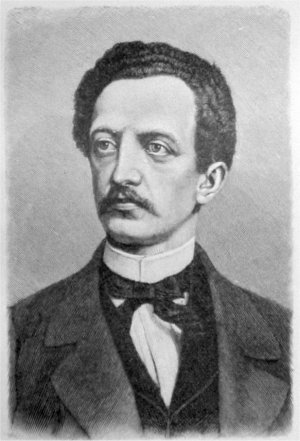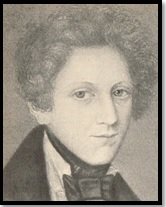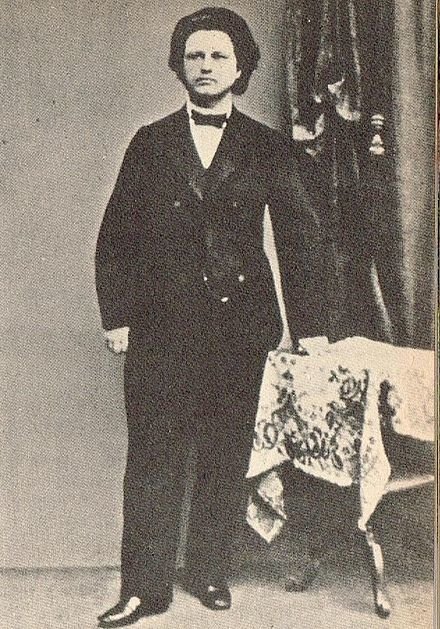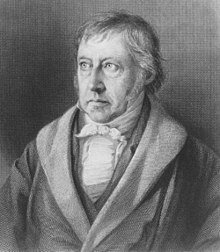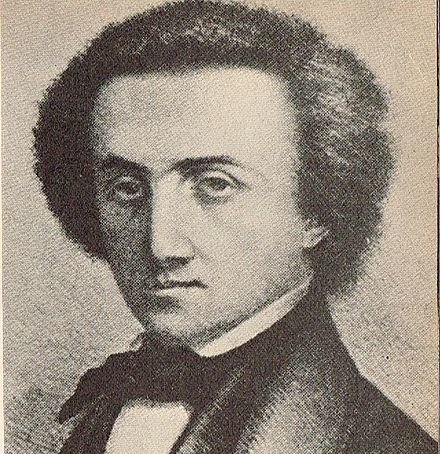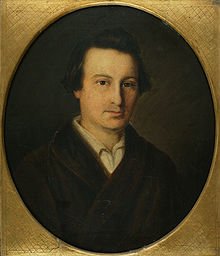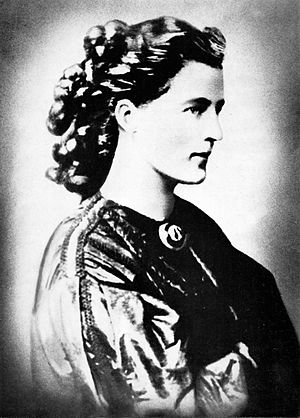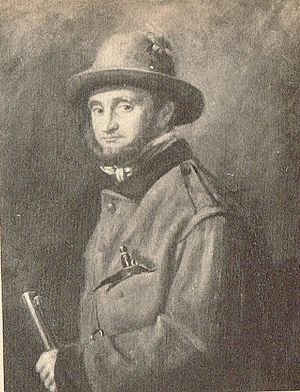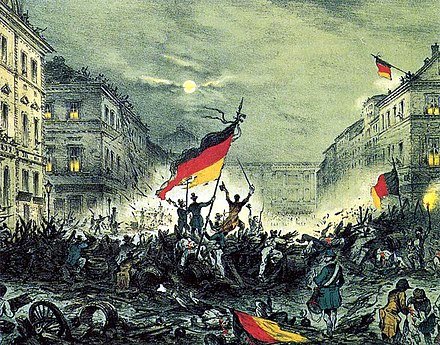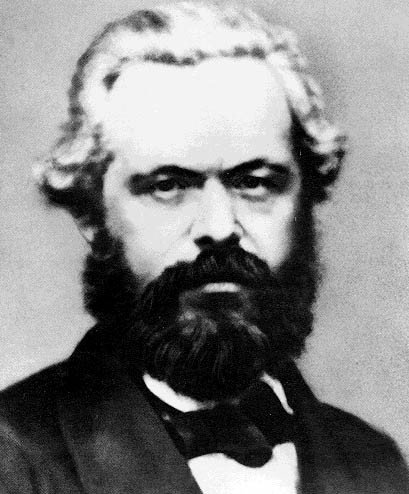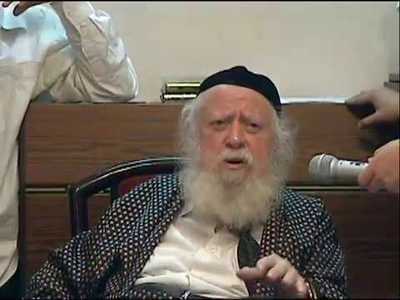Ferdinand Johann Gottlieb Lassalle: Pioneer of German Socialism
Ferdinand Lassalle was a unique figure of his time, blending socialist, liberal, and democratic ideas within a Hegelian philosophical framework. His intellectual journey was marked by a deep engagement with Hegelian thought, leading him to advocate for the cultural and political hegemony of Prussia and reject Jewish nationalism.
His work on Heraclitus and his role in forming an intellectual circle laid the foundation for his later political activism and his significant impact on the German workers' movement. Lassalle's contributions to socialist thought and his commitment to political change continue to be remembered as a pivotal part of the history of German socialism.
Ferdinand Johann Gottlieb Lassalle (German: Ferdinand Johann Gottlieb Lassal; April 11, 1825 – August 31, 1864) was a German-Jewish socialist thinker and leader, one of the early proponents of modern political parties. He was a key figure in the German workers' movement and the founder of the German Social Democratic Party (SPD). Lassalle is credited with formulating the "iron law of wages."
Early Life:
Lassalle was born in Breslau, Prussia (modern-day Wrocław, Poland), into a Jewish-German family. His father, Heymann Lassalle (originally Haiman Wolffson), earned his living in the silk trade and was a respected member of the Breslau Jewish community. Heymann had migrated to Breslau from the village of Loslau in Silesia, adopting the village's name as his own. Heymann was a traditional but not orthodox Jew, influenced by the Enlightenment ideas of Moses Mendelssohn and the reformist notions of Abraham Geiger. His mother, Rosalie, came from a small Jewish community in the Rhineland and was known for her strict adherence to Jewish laws and commandments throughout her life.
Ferdinand spent his formative years in a Jewish environment. Between 1835 and 1840, he attended the Maria-Magdalenen-Gymnasium, a gymnasium in Breslau, along with other Jewish boys. It was during his youth that he began to take an interest in the plight of the Jewish people. At the age of 14, he wrote in his diary about the Damascus Affair of 1840, expressing solidarity and a desire for revenge against the injustices suffered by the Jews of that city.
His father intended him for a career in business and sent him to study at a prestigious commercial school in Leipzig. However, Lassalle found himself at odds with the school's administration and teachers, delivering fiery speeches to his classmates against the faculty. He held himself in disdain for his teachers and earned harsh remarks on his report card, despite his good grades.
Lassalle's education in Leipzig was cut short, and he returned to Breslau in 1841, seeking to pass the external matriculation exams at a gymnasium to qualify for university studies.
Early Ideological Development:
During his youth, Lassalle underwent a profound intellectual transformation. He was deeply influenced by the ideas of Georg Wilhelm Friedrich Hegel, which he encountered in Leipzig and continued to study during his time in Berlin. These philosophical ideas left a lasting imprint on his thinking.
Hegel's philosophy was based on the concept of "Geist" (spirit), its dialectical process, and its historical manifestation. Lassalle embraced Hegelian thought as a new moral system, displacing traditional Jewish faith. He also adopted Hegel's view of the state as the embodiment of historical destiny. Lassalle's understanding of history and the role of the state would become central to his intellectual framework.
In Hegel's philosophy, the concept of "Geist" represented the driving force of history and its dialectical development. Lassalle saw this as a new ethical system, replacing traditional Jewish belief. He presented the German nation as the embodiment of this "Geist." His interpretation of Hegel led him to view the Prussian state as the fulfillment of God's will. He believed that the state's cultural hegemony was evidence of the realization of German nationalism. To Lassalle, Jewish national aspirations were futile, as they were backward in terms of historical development. Engaging in Jewish nationalism, according to him, was regressive.
Lassalle's political and philosophical thought was deeply intertwined with his understanding of the Hegelian dialectic and the role of the state. In this framework, he considered Prussia's ascendance as the embodiment of historical destiny. He regarded the state as a higher moral entity that should be obeyed. His political worldview was marked by a unique blend of socialist, liberal, and democratic ideas.
Early Activism:
In 1843, Lassalle requested permission from his father to attend the University of Breslau to pursue studies in history, archaeology, philosophy, and philology. Initially skeptical about his choice of studies and concerned about his financial prospects, Heymann Lassalle eventually consented to Ferdinand's academic pursuits.
Soon after, Ferdinand Lassalle moved to Humboldt University in Berlin, where he completed his studies in 1845. It was during this time that he began working on the writings of the Greek philosopher Heraclitus from a Hegelian perspective. His comprehensive work on Heraclitus, known as the "Heraclitus," was completed over a decade later and received recognition within intellectual circles.
Formation of a Circle:
While in Berlin, Lassalle gathered a small group of like-minded friends who saw in him a leader of their intellectual movement. Among them were individuals like Arnold Mendelssohn, a physician, Alexander Oppenheim, a lawyer, and Albert Leefeld. They believed in Lassalle's interpretation of Hegel's philosophy and saw him as the guide to a revolution led by the enlightened.
The "Heraclitus" and the Circle's Activities:
Lassalle's work on Heraclitus, written from a Hegelian perspective, introduced him to an intellectual elite. Although his work on Heraclitus was left unfinished due to various circumstances, excerpts from it were published in Paris, garnering praise and recognition.
Lassalle's Ideological Evolution:
Lassalle's time at Humboldt University and his association with the intellectual circle marked a crucial period of ideological development. His political beliefs evolved, culminating in the radical republican ideas of the Jacobins, combined with socialist ideals. He emerged as a socialist revolutionary.
Lassalle and the "Universal Revolution":
In his comprehensive and radical essay, "The Universal Revolution," which he wrote during his student days, Lassalle argued that those who understood the laws of history should seize control of society's sources of power and become leaders of the unenlightened masses. This revolution was to be centered on money, with the stock exchange as the means and Prussian law as the rules.
It was a philosophical idea that emphasized the need to educate the revolutionary. Politically, Lassalle was not a cosmopolitan like the Marxists of his time. He was known as a "Red Prussian," signifying his patriotic socialist ideology. In his view, the resurgence of greater Germany was a manifestation of Hegelian "Geist," and Jewish national identity was regressive. The cultural dominance of the Germans was evidence of the realization of German nationalism.
- פרדיננד לסלhe.wikipedia.org
